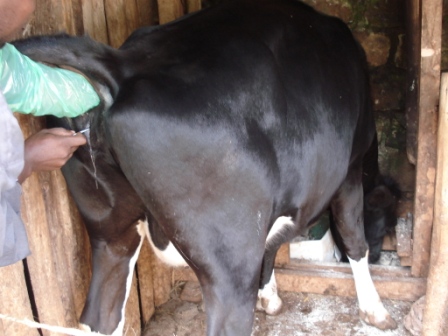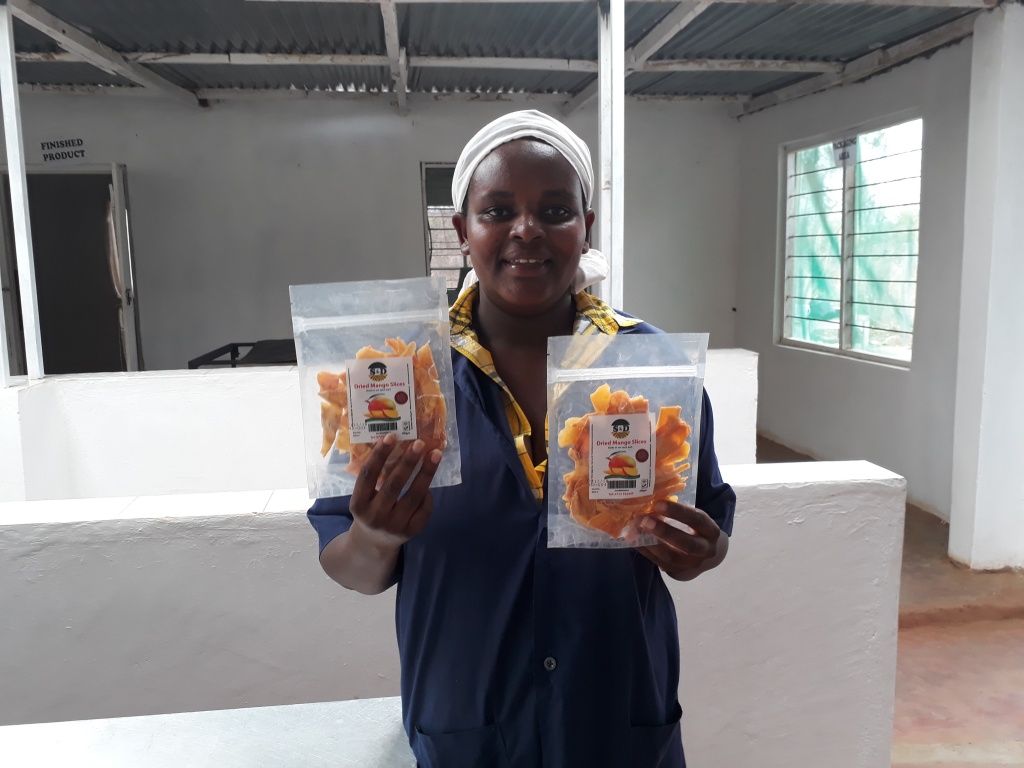 In many parts of Kenya, the youth are transforming their communities through use of modern technology. From the rural areas to the urban centers, the story is the same. The country’s digital generation is playing a big role in spurring development in the country.
In many parts of Kenya, the youth are transforming their communities through use of modern technology. From the rural areas to the urban centers, the story is the same. The country’s digital generation is playing a big role in spurring development in the country.
With use of new technology, communities are beginning to enjoy newly found wealth in the agricultural sector which has benefitted many smallholder farmers.
In Bomet County, it is not the beautiful scenery with lush green tea farms but Robert Mutai’s success farming story that is attractive. Mutai is a young farmer who is using modern technology to transform farming in his local community. Using innovative agricultural techniques; he is now one of the most enterprising farmers in his area.
Related News: Bomet farmer earning over half a million shillings monthly from dairy farming
“The sort of farming I practice is kind of mixed; I grow potatoes, cabbages, beans, maize and onions” said Mutai.
Despite having a degree in Criminology and Criminal Justice, he decided to venture into farming. Initially, this did not go down well with his parents.
“My parents did not want me to involve myself in dirty work like farming, but the way I see it and making money out of it, it isn’t dirty actually, so I decided not to follow my career but rather divert it to farming which is my passion” says Mutai. But With time he says his parents have started to appreciate his efforts and have started offering some assistance.
His secret to getting maximum profit is through mixed farming. Potatoes are one of the crops he is cultivating in his farm.
“Potato farming is profitable because in my half an acre of land, I am assured of 30 bags with one 50 kg bag of fetching me between 4,000 to 5,000 shillings depending on the market demand.”
Mutai has to grapple with some challenges including infestation by bacterial wilt disease which he notes has no chemical cure hence sometimes leads to loss of expected yields.
READ ALSO: Village Industrial Power offering innovative clean energy for rural farmers
“When growing my potatoes, I start with primary cultivation then secondary followed by tertiary cultivation then the farm is ready for planting”
Mutai uses 100 kg of fertilizer and 10 bags of potato seeds on 1 acre of land.
There are also a variety of beans which are under cultivation in his land. He plants beans after harvesting potatoes because according to him at that time the land is still smooth and there are no weeds. He also requires beans to fix nitrogen in the soil for free.
Mutai also saw an opportunity in planting sorghum and millet which he acknowledges to be inadequate in the market meaning they earn more income due to high demand. He is assured of 600 kg of millet and 700 kg of sorghum per planting season.
READ ALSO: Cooperative Society helps farmers own land and Manage Agribusiness
Being able to understand the market helps the farmer reaps profits. He is working with other youth in his area and other parts like Murang’a where he is able to reach them using his mobile phone.
“Farming is meant for the youth because they are stronger, and they can apply use of modern technology easily to improve production” adds Mutai. The 27 year old is now a shining light in his local village and his age mates are following in his footsteps.
Write comment (0 Comments)
















